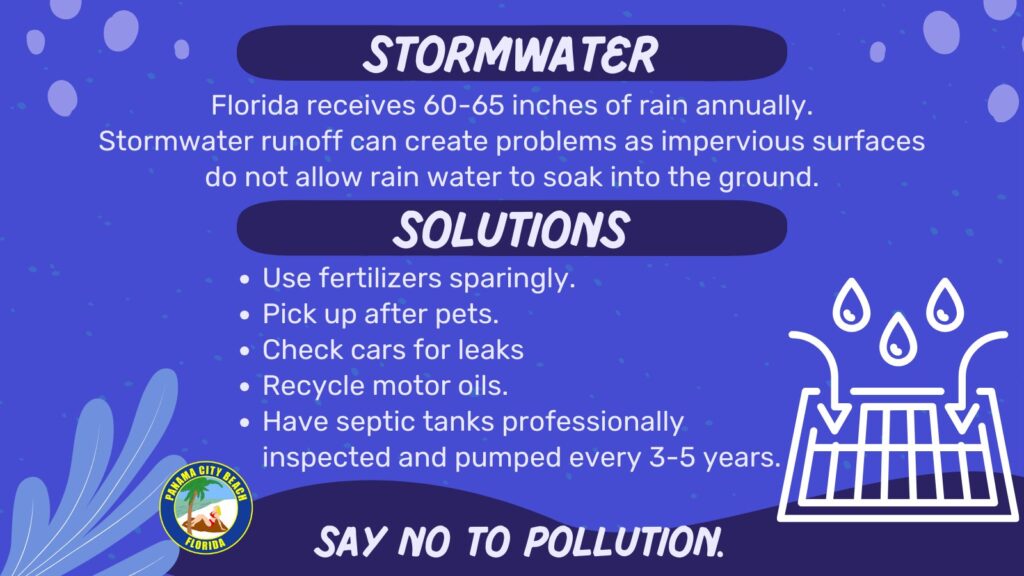Oil is a valuable natural resource that has been used for various purposes, ranging from fuel for transportation to the production of plastics and chemicals. While oil plays a crucial role in our daily lives, its extraction, transportation, and consumption can have significant negative impacts on the environment.
1. Oil Spills
One of the most visible and damaging impacts of oil on the environment is oil spills. When oil is released into the environment, whether through tanker accidents or offshore drilling mishaps, it can have devastating effects on marine and terrestrial ecosystems. Oil spills can harm wildlife, contaminate water sources, and damage habitats, leading to long-term ecological disruptions.

Credit: odi.org
2. Air Pollution
Burning oil for energy releases pollutants into the air, contributing to air pollution and climate change. The combustion of oil produces greenhouse gases such as carbon dioxide and methane, which trap heat in the atmosphere and contribute to global warming. In addition, oil combustion releases sulfur dioxide and nitrogen oxides, which can lead to acid rain and respiratory issues in humans and wildlife.
:max_bytes(150000):strip_icc()/Oil-spill-58f0f7473df78cd3fc17bd42.jpg)
Credit: www.treehugger.com
3. Habitat Destruction
The extraction of oil often involves clearing land for drilling sites, pipelines, and refineries, leading to habitat destruction and fragmentation. This can disrupt ecosystems, displace wildlife, and reduce biodiversity. Oil exploration and extraction activities can also damage sensitive habitats such as wetlands, forests, and marine environments, impacting the flora and fauna that depend on these ecosystems.
4. Water Contamination
Oil spills and leaks can contaminate water bodies, including oceans, rivers, and groundwater sources. The presence of oil in water can harm aquatic life, disrupt food chains, and impact water quality. Additionally, the chemicals used in oil extraction and production processes can leach into water sources, further contaminating the environment and posing risks to human health.
5. Soil Degradation
Oil spills and leaks can also lead to soil contamination, affecting the fertility and health of the soil. The toxic components of oil can persist in the soil for years, preventing the growth of plants and disrupting soil ecosystems. Soil degradation caused by oil spills can have long-lasting effects on agricultural productivity and ecosystem resilience.
6. Wildlife Impacts
Oil pollution can have severe impacts on wildlife, both terrestrial and aquatic. Marine animals such as birds, fish, and mammals are particularly vulnerable to oil spills, as oil can coat their feathers or fur, leading to hypothermia and reduced buoyancy. Ingestion of oil-contaminated prey can also harm marine organisms, affecting entire food chains and ecosystems.
7. Climate Change
The extraction, processing, and combustion of oil contribute to climate change by releasing greenhouse gases into the atmosphere. The burning of fossil fuels like oil is a major source of carbon dioxide emissions, which is the primary driver of global warming. Addressing the impacts of oil on the environment is essential in mitigating the effects of climate change and transitioning to cleaner, renewable energy sources.
8. Spill Response and Remediation
Efforts to prevent and mitigate the impacts of oil spills on the environment include spill response and remediation measures. These may involve containment booms, skimmers, dispersants, and shoreline cleanup to minimize the spread of oil and reduce its impact on ecosystems. However, the effectiveness of spill response efforts can vary depending on the scale of the spill, the location, and the environmental conditions.
9. Sustainable Practices
Adopting sustainable practices in the oil industry, such as implementing stricter regulations, investing in cleaner technologies, and promoting energy efficiency, can help reduce the environmental impacts of oil extraction and use. Companies can also explore alternative energy sources, such as solar, wind, and biofuels, to diversify their energy portfolios and lessen their dependence on fossil fuels.
10. Conclusion
Oil has profound effects on the environment, from oil spills and air pollution to habitat destruction and wildlife impacts. Addressing the environmental impacts of oil requires a concerted effort from governments, industries, and individuals to promote sustainable practices, reduce reliance on fossil fuels, and transition to cleaner energy sources. By understanding the impacts of oil on the environment and taking proactive measures to minimize these effects, we can help protect ecosystems, wildlife, and human health for future generations.


